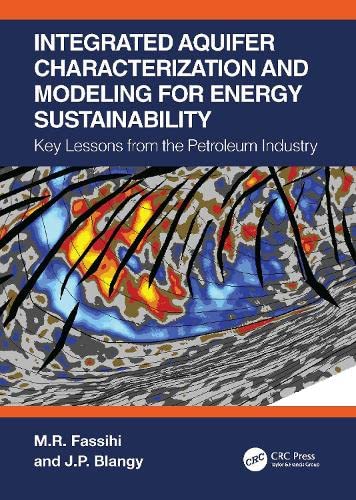

Most ebook files are in PDF format, so you can easily read them using various software such as Foxit Reader or directly on the Google Chrome browser.
Some ebook files are released by publishers in other formats such as .awz, .mobi, .epub, .fb2, etc. You may need to install specific software to read these formats on mobile/PC, such as Calibre.
Please read the tutorial at this link: https://ebookbell.com/faq
We offer FREE conversion to the popular formats you request; however, this may take some time. Therefore, right after payment, please email us, and we will try to provide the service as quickly as possible.
For some exceptional file formats or broken links (if any), please refrain from opening any disputes. Instead, email us first, and we will try to assist within a maximum of 6 hours.
EbookBell Team

4.1
50 reviewsThe greatest challenge facing humanity today is the transition to a more sustainable energy infrastructure while reducing greenhouse gas emissions. Meeting this challenge will require a diversified array of solutions spanning across multiple industries. One of the solutions rising to the fore is the potential to rapidly build out carbon sequestration, which involves the removal of CO2 from the atmosphere and its storage in the subsurface. Integrated Aquifer Characterization and Modeling for Energy Sustainability: Key Lessons from the Petroleum Industry provides a comprehensive and practical technical guide into the potential that aquifers hold as sites for carbon and energy storage.
Aquifers occupy a significant part of the Earth’s available volume in the subsurface and thus hold immense potential as sites for carbon storage. Many aquifers have been studied extensively as part of oil and gas energy development projects and, as such, they represent an opportunity to sequester carbon within existing areas of infrastructure that have already been impacted by, and integrated into, an inherited energy framework. Moreover, future efforts to reconfigure the landscape of our national and global energy systems can extract valuable lessons from this existing trove of data and expertise.
From a multidisciplinary perspective, this book provides a valuable and up-to-date overview of how we can draw on the wealth of existing technologies and data deployed by the petroleum industry in the transition to a more sustainable future. Integrated Aquifer Characterization and Modeling for Energy Sustainability will be of value to academic, professional and business audiences who wish to evaluate the potential underground storage of carbon and/or energy, and for policy makers in developing the right policy tools to further the goals of a sustainable energy transition.